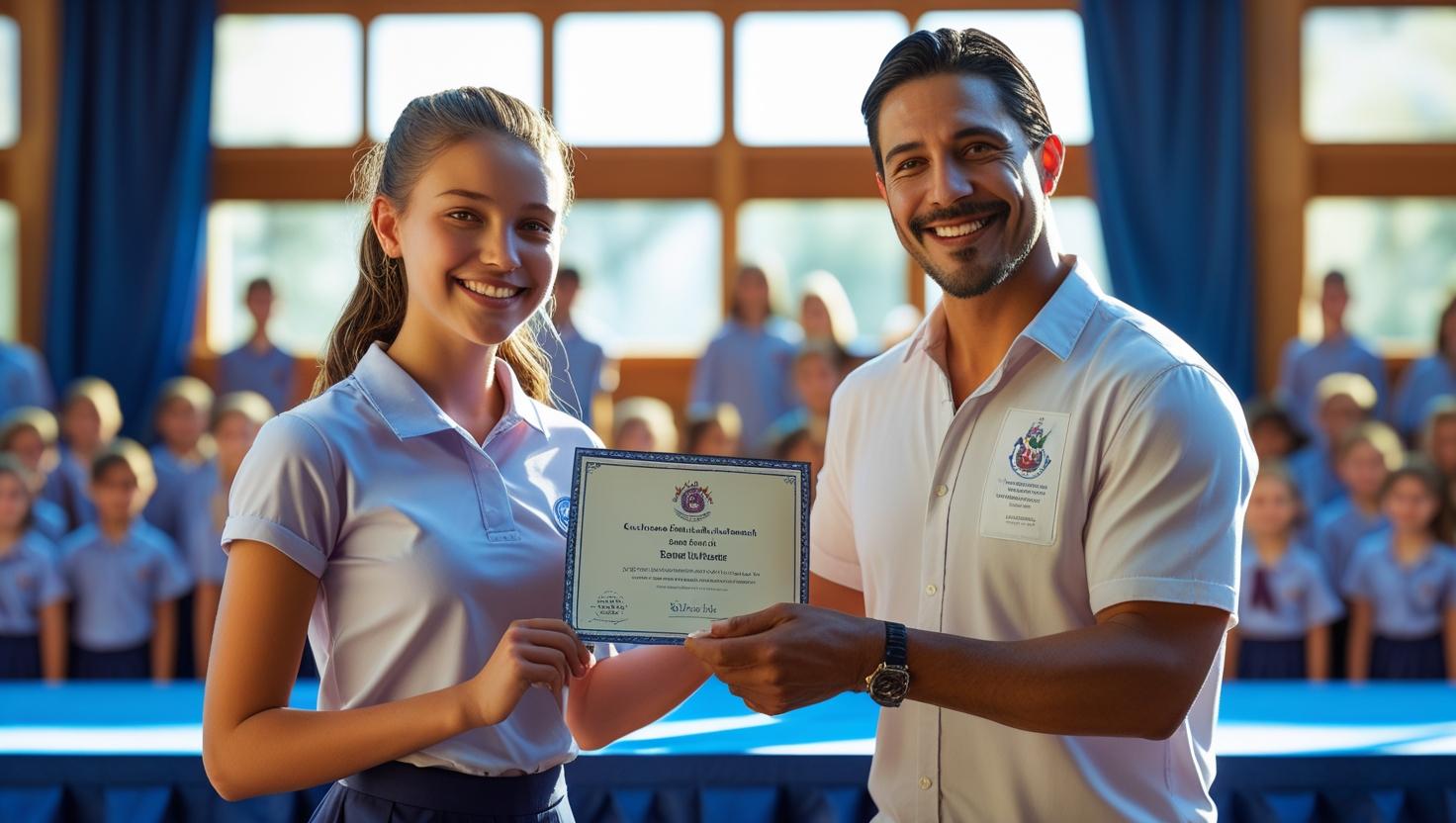
What would it take to deliver a more flexible education system for those experiencing school attendance difficulties?
paul mallett believes passionately that Tasmania can lead the nation in building a genuinely flexible education system that works for all young people, particularly those students experiencing school attendance difficulties. paul stands for a more flexible education strategy to sensitively and strategically respond to “school can’t” in Tasmania. paul advocates for this because it is a significant social, economic and community issue if 5,000 or more Tasmanian young people are “school can’t”. In support for this, the data suggests:
- Up to 1 in 5 young Tasmanians (and up to 1 in 4 students in some communities) struggle to stay engaged in traditional schooling.
- Research estimates 1–5% of students at any time have severe school attendance difficulties due to anxiety or health conditions.
- Neurodivergent students are heavily over-represented in the chronically absent from school data.
- These young people are often highly capable, but face barriers.
- Current pathways (mainstream, VET, alt-ed) are patchy and hard to navigate.
- When we lose them, we lose their contribution to our lives and our community — and the social, emotional, and economic cost is huge.
School Can’t
paul recognises “school can’t” as the phrase used to describe both the cohort of students, and the lived reality of those same children and young people, who experiencing school attendance difficulties (see also School Can’t Australia website). It is a phrase increasingly used to describe young people who cannot participate in conventional schooling — not because they won’t, but because they can’t.
A young person might be “school can’t” if they:
- Have severe school-based anxiety, phobia or trauma responses triggered by the school environment.
- Have complex neurodivergence (autism, ADHD, PDA) that isn’t well supported in a rigid classroom.
- Have experienced bullying or social isolation so severe they feel unsafe or unwelcome.
- Have health conditions (physical or mental) that make attending a regular school day impossible.
- Are young carers or have unstable housing, making daily attendance impractical.
- Or have simply disengaged after repeated suspensions, exclusions, or negative experiences
“School can’t” means the student’s needs, context or wellbeing make mainstream schooling impossible in its current form — unless the system changes to fit them. paul believes that a healthy, fair education system must offer multiple ways to learn — and enough trust, funding, and flexibility for schools and communities to build the right options. “School can’t” is a system design challenge, not a student failure.
Strategy
paul proposes the development of a more flexible education strategy that prevents harm and unlocks potential. A strategy that supports belonging, growth, opportunity, and a love of learning. paul advocates for a strategy that resources supports for: students with high absenteeism; early leavers who “ghost” the system; young people with complex trauma; neurodiverse students whose needs don’t fit rigid schooling; students with anxiety or school-based trauma; and regional/rural kids who can’t access flexible options. The strategy would be built on evidence that shows:
- Trusting relationships are key — not “fixing the kid” but adapting the system.
- Flexible pathways — not every student wants/needs ATAR.
- Small learning communities — micro-schools, studio schools, learning hubs.
- Wraparound wellbeing — mental health, outreach, family support.
- Vocational and project-based learning — real world, practical, relevant.
- Embedding flexibility inside mainstream schools — so kids don’t have to leave to find fit.
- Clear pathways in and out — no dead-ends or lost kids.
The strategy would be co-designed, and would likely contain actions to achieve the following:
- Expand flexible pathways inside public schools. Grow Big Picture programs to every region — especially North-West and rural South; support more schools to become “flexible campus” pilots (like a local Templestowe); and use flexible timetables — allow students to co-create learning plans.
- Enable community-run micro-schools. Make it easier for not-for-profits to set up Indie-style schools or flexible learning centres; use disused community buildings for small local hubs; and fund “wraparound” staffing — counsellors, youth workers, family liaisons.
- Strengthen pathways to VET and real-world learning. Expand partnerships with TAFE, local businesses and community orgs; offer paid work placements for credit — practical + motivational; and build pathways back to mainstream or on to work — no dead ends.
- Support workforce and system flexibility. Train teachers and leaders in trauma-informed practice; give principals more autonomy to redesign timetables, staffing, class sizes; and fund “navigator” roles to track disengaged students and re-link them to options.
- Engage families and communities. Fund family outreach so parents don’t feel shut out, and build local “flex schools” with communities — not imposed top-down.
Funding would be an exercise in “upstream investment” (also referred to as preventative economics, cost avoidance, or public value investing). paul is passionate about “avoidable costs”, and this means tackling the root causes rather than dealing with consequences downstream (see separate post). paul would promote exploration of the following funding sources:
- Re-invest some non-attendance and dropout costs into early intervention — every early school leaver costs ~$600,000 lifetime in foregone tax and higher welfare/justice spend.
- Pool State Education, Skills Tasmania, Youth Justice and health budgets.
- Leverage philanthropy — local business, foundations and social enterprise partners.
Benefits
The benefits for individuals would include:
- Personal Wellbeing. When the system adapts to their needs: the child feels safe and accepted rather than anxious, excluded or punished; their mental health stabilises — stress, school-based trauma, or anxiety reduce; they’re more likely to re-engage with learning instead of withdrawing or fighting it; and they build trust in adults and institutions — a huge protective factor later in life.
- Learning Progress. When the system flexes: they can learn in a way that makes sense to them — at their pace, with subjects and styles that fit; their gaps in literacy and numeracy can close because they’re actually present, not avoiding school; they build skills that match their strengths — for example, practical, creative or technical pathways; and they experience success — which builds confidence and motivation.
- Stronger Relationships. When schooling works for them: they’re connected to trusted adults — mentors, flexible teachers, youth workers — not just disciplinarians; they’re less likely to clash with teachers or peers; families feel supported, not blamed — leading to stronger family-school partnerships; and positive friendships are more likely to form when bullying and exclusion drop.
- Pathways to Work or Further Learning. When the system doesn’t give up on them: they finish Year 12 or an equivalent pathway — boosting lifetime earnings dramatically; they have real options — traineeships, TAFE, apprenticeships, further study; they know how to navigate the adult world — showing up on time, working in teams, handling challenges; and they’re less likely to be stuck in insecure, low-paid, casual work for life.
The benefits to our community will be:
- Higher Year 12 or equivalent completion.
- Lower youth unemployment and under-employment.
- Strong social contribution — paying taxes, volunteer, build community.
- Communities have lower costs in youth justice, mental health and income support.
- The whole society benefits when more kids thrive instead of surviving.
Inspiration
paul has drawn on what he understand works from Big Picture, Indie Schools, Templestowe College and global best practice.
paul is passionate about policy addressing “school can’t” as it speaks directly to the notion of a “fair go” for all, and was a feature of paul’s attempted PhD study in the late 1990’s.





